15 Most Embarrassing Fails in Video Game Journalism History
PocketEpiphany
Published
12/01/2020
in
Funny
On a good day, video game journalism helps you stay up to date with your favorite hobby. On a bad day, you’ll wonder how the hell these journalists ever got their jobs in the first place.
While there is plenty of great journalism out there, some of it is unforgivably bad. Here are the 15 biggest fails in video game journalism.
- List View
- Player View
- Grid View
Advertisement
-
1.
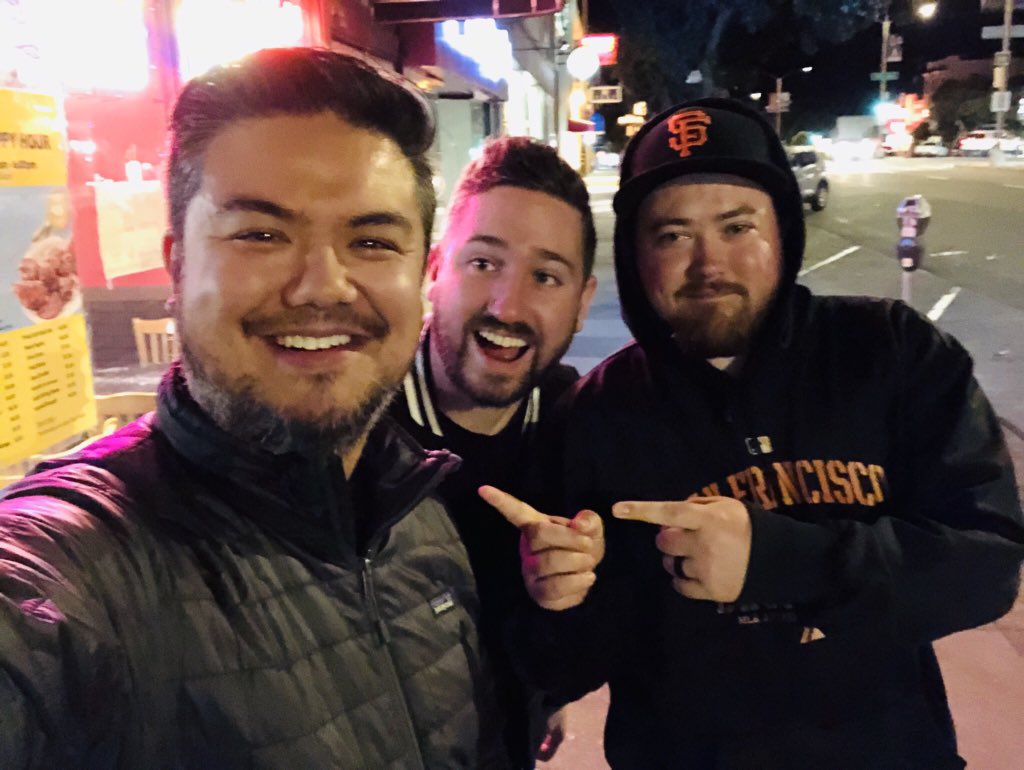 IGN Writer Doesn’t Understand PCs It’s an open secret that IGN’s writers don’t always know what they are talking about. But it was really crazy when IGN writer Sean Finnegan mocked PCs because they couldn’t record gameplay like an Xbox. He was roundly mocked and eventually removed the incriminating video.
IGN Writer Doesn’t Understand PCs It’s an open secret that IGN’s writers don’t always know what they are talking about. But it was really crazy when IGN writer Sean Finnegan mocked PCs because they couldn’t record gameplay like an Xbox. He was roundly mocked and eventually removed the incriminating video. -
2.
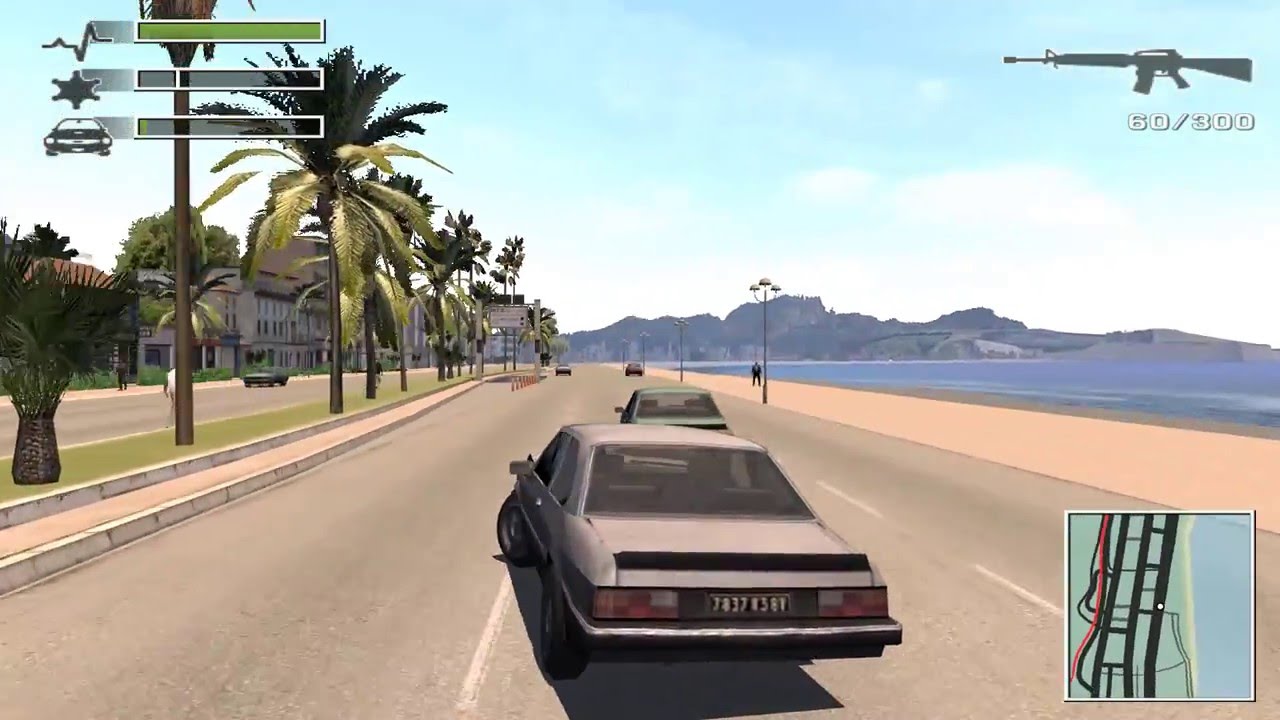 DRIV3RGATE When Driver 3 came out, most reviews savaged it for being a disappointment, but two outlets (PSM2 and Xbox World) gave it high scores. Players thought this was because these outlets got early copies and went to the sites’ forums to complain. The sites deleted countless messages and threads to control the controversy, and users eventually discovered that game publisher Atari had hired a PR company to post fake positive reviews, and employees of this company even infiltrated gaming forums to bury the controversy that would later be deemed Driv3rgate.
DRIV3RGATE When Driver 3 came out, most reviews savaged it for being a disappointment, but two outlets (PSM2 and Xbox World) gave it high scores. Players thought this was because these outlets got early copies and went to the sites’ forums to complain. The sites deleted countless messages and threads to control the controversy, and users eventually discovered that game publisher Atari had hired a PR company to post fake positive reviews, and employees of this company even infiltrated gaming forums to bury the controversy that would later be deemed Driv3rgate. -
3.
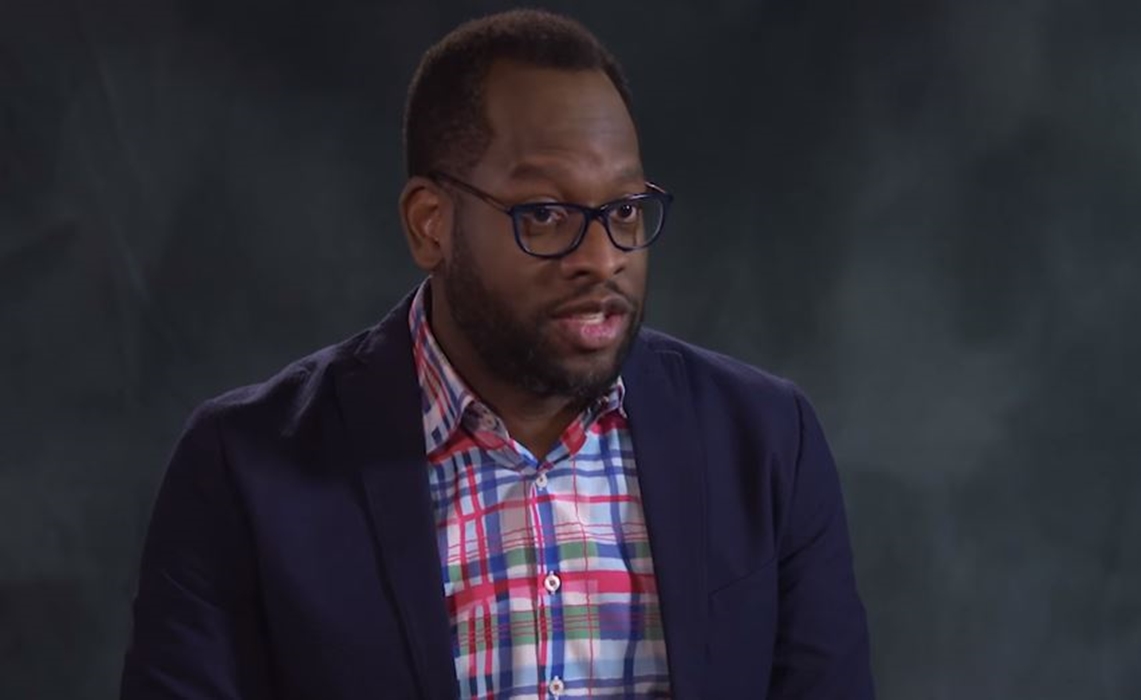 Kotaku Writer Doesn’t Finish Game, Freaks Out Back in 2015, Kotaku writer Evan Narcisse started playing Arkham Knight. Partway through the game, he watched the apparent death of Barbara Gordon and wrote an excoriating article about the game daring to kill her. Just one problem: Barbara didn’t actually die, which Evan would discover by finishing the game before complaining about it.
Kotaku Writer Doesn’t Finish Game, Freaks Out Back in 2015, Kotaku writer Evan Narcisse started playing Arkham Knight. Partway through the game, he watched the apparent death of Barbara Gordon and wrote an excoriating article about the game daring to kill her. Just one problem: Barbara didn’t actually die, which Evan would discover by finishing the game before complaining about it. -
4.
 IGN’s PixelJunk Sidescroller Scandal It’s one thing to be wrong and it’s another thing to double down. This is what IGN writer Daemon Hatfield discovered when he posted his review of PixelJunk Sidescroller. Initially, his review complained about the ending, and the game developer exposed that he had only played it on casual and missed some endgame content. He claimed he really had beaten it on “normal,” all while quietly deleting the part of his review that revealed his error.
IGN’s PixelJunk Sidescroller Scandal It’s one thing to be wrong and it’s another thing to double down. This is what IGN writer Daemon Hatfield discovered when he posted his review of PixelJunk Sidescroller. Initially, his review complained about the ending, and the game developer exposed that he had only played it on casual and missed some endgame content. He claimed he really had beaten it on “normal,” all while quietly deleting the part of his review that revealed his error. -
5.
 stephansuniverseIGN Adds Gossip to Stories When IGN had its own #MeToo moment, most of the attention fell on Steve Butts and Tal Blevins. In addition to their alleged sexual harassment and mistreatment of employees, former IGN writer Mitch Dyer revealed that these two forced him to add gossip to stories. The main example was when Amy Hennig left Naughty Dog and the two IGN bigwigs made Mitch add unsubstantiated claims that she was forced out. Adding insult to injury, they wouldn’t let Mitch take his name off the fake news.
stephansuniverseIGN Adds Gossip to Stories When IGN had its own #MeToo moment, most of the attention fell on Steve Butts and Tal Blevins. In addition to their alleged sexual harassment and mistreatment of employees, former IGN writer Mitch Dyer revealed that these two forced him to add gossip to stories. The main example was when Amy Hennig left Naughty Dog and the two IGN bigwigs made Mitch add unsubstantiated claims that she was forced out. Adding insult to injury, they wouldn’t let Mitch take his name off the fake news. -
6.
 GameSpot Fires Jeff Gerstmann Many gamers suspect reviewers are either enticed or forced into giving higher scores to certain games. This was confirmed when GameSpot editorial director Jeff Gerstmann was fired for giving a negative review to Kane & Lynch. The site was under pressure from Eidos Interactive, but the story had a happy ending. If GameSpot hadn’t fired the man for an honest opinion, he would never have launched Giant Bomb.
GameSpot Fires Jeff Gerstmann Many gamers suspect reviewers are either enticed or forced into giving higher scores to certain games. This was confirmed when GameSpot editorial director Jeff Gerstmann was fired for giving a negative review to Kane & Lynch. The site was under pressure from Eidos Interactive, but the story had a happy ending. If GameSpot hadn’t fired the man for an honest opinion, he would never have launched Giant Bomb. -
7.
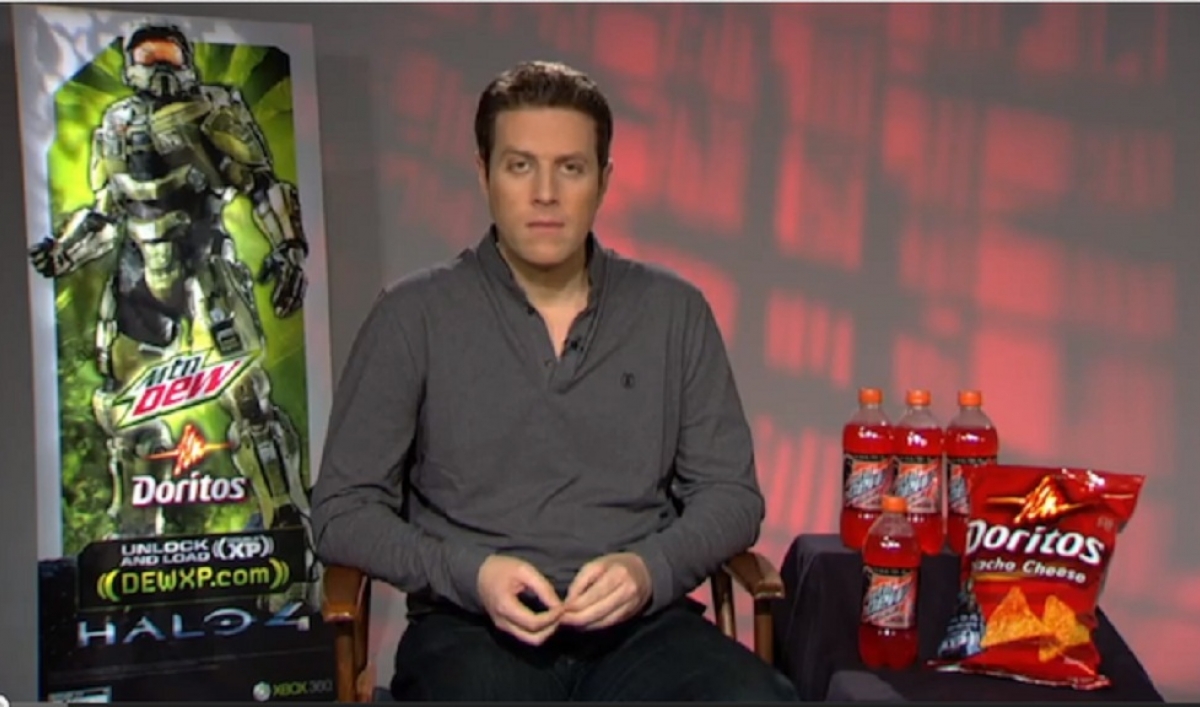 priDorito-gate Technically speaking, “Dorito-gate” involved multiple controversies. But it all started when game writer and reviewer Geoff Keighley popped up on a video stream surrounded by Doritos, Mountain Dew, and a Halo 4 standee. This single moment seemingly provided visual confirmation that Keighley and others were being paid to promote Halo 4.
priDorito-gate Technically speaking, “Dorito-gate” involved multiple controversies. But it all started when game writer and reviewer Geoff Keighley popped up on a video stream surrounded by Doritos, Mountain Dew, and a Halo 4 standee. This single moment seemingly provided visual confirmation that Keighley and others were being paid to promote Halo 4. -
8.
 Greg Miller: Not-So-Professional Writer Greg Miller has enjoyed great success since leaving IGN. During his time there, though, writing wasn’t always his strong suit. That was made clear by his review of Dead Space 2, which was filled with run-ons, unwieldy sentences, and writing that would embarrass most college freshmen. To this day, this review is held up as a legendary example of “how not to write a game review.”
Greg Miller: Not-So-Professional Writer Greg Miller has enjoyed great success since leaving IGN. During his time there, though, writing wasn’t always his strong suit. That was made clear by his review of Dead Space 2, which was filled with run-ons, unwieldy sentences, and writing that would embarrass most college freshmen. To this day, this review is held up as a legendary example of “how not to write a game review.” -
9.
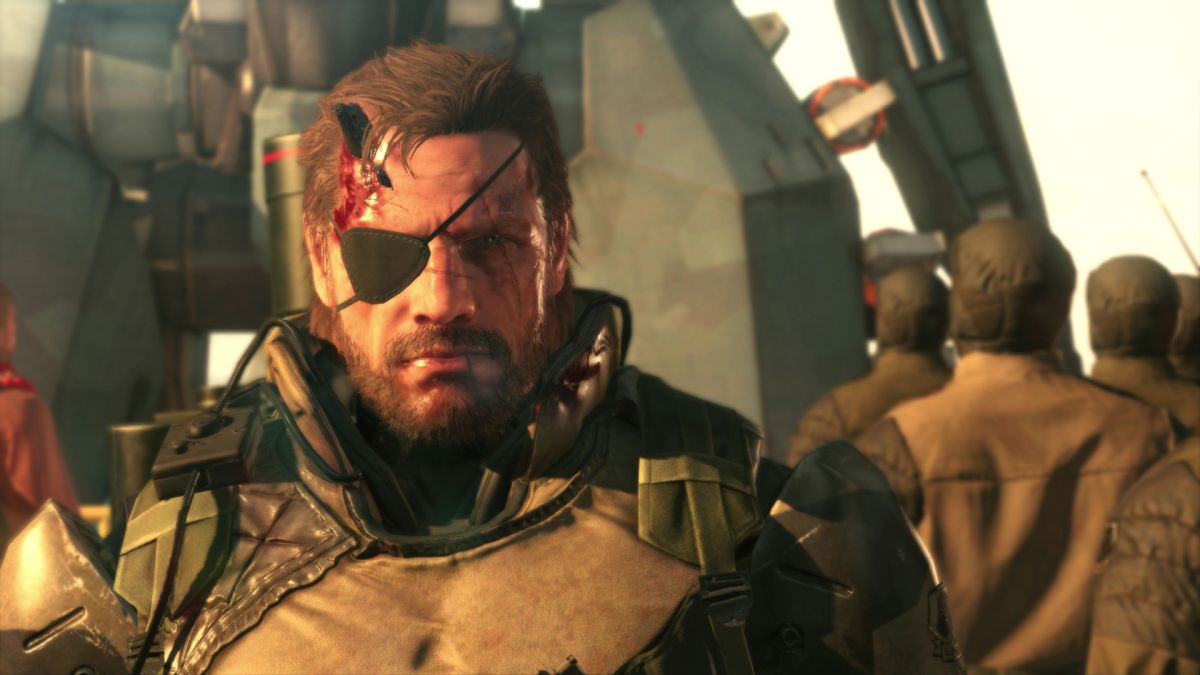 Metal Gear Solid V Review Controversy
Metal Gear Solid V Review ControversyMetal Gear Solid V was a damn fine game, but its launch was marred by controversy. Instead of sending out review copies, Konami invited select journalists to special review “boot camps.” This involved paid travel, supervised gameplay, and plenty of free food and drinks (including cocktails). It made for a nice mini-vacation for reviewers, but this stunt arguably influenced every single launch review, making it impossible to get a truly unbiased review. -
10.
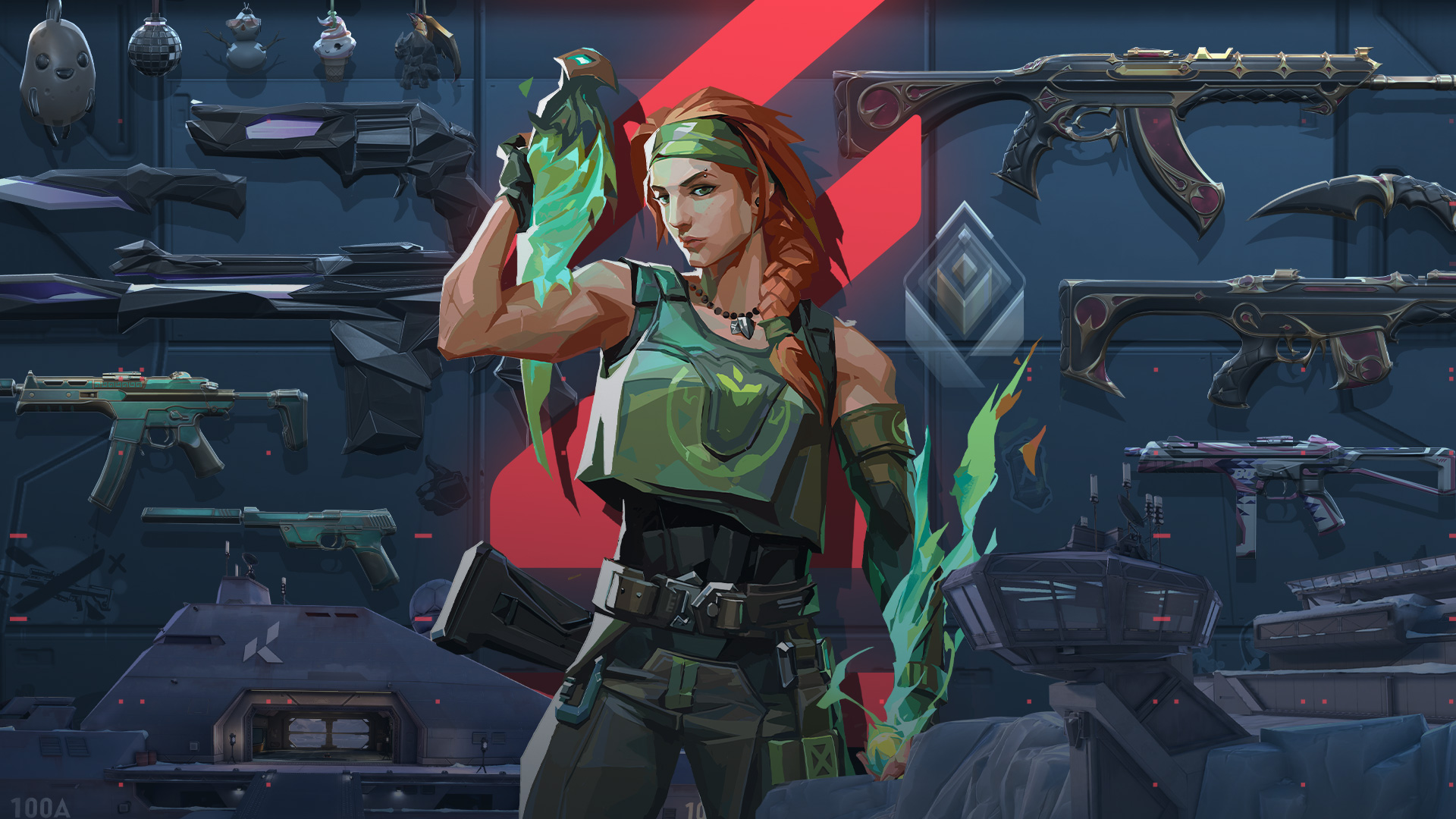 IGN Bungles Valorant Embargo Game journalists often work with embargoes that limit when they can post a review or drop some breaking news. In February of 2020, IGN accidentally posted screenshots from Valorant that broke the publisher’s embargo. Nothing really came of this incident, but it revealed a pretty casually sloppy approach to games journalism.
IGN Bungles Valorant Embargo Game journalists often work with embargoes that limit when they can post a review or drop some breaking news. In February of 2020, IGN accidentally posted screenshots from Valorant that broke the publisher’s embargo. Nothing really came of this incident, but it revealed a pretty casually sloppy approach to games journalism. -
11.
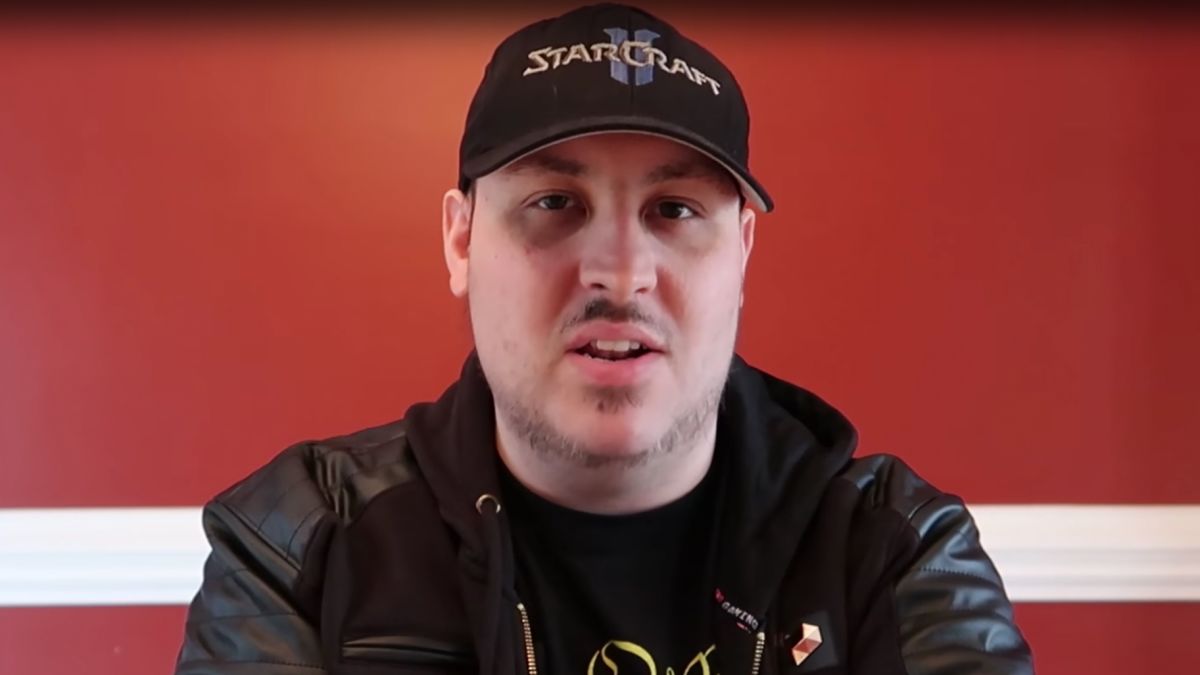 Middle-Earth: Shadow of Mordor Buys Good Coverage Middle-Earth: Shadow of Mordor is another game that’s pretty solid, but it was released under a cloud of controversy. While the publisher refused to give early access to most game journalists, they did give copies to certain game streamers. The late, great TotalBiscuit revealed that the only streamers who got copies signed a contract promising positive coverage. How bad was this incident? The FTC ultimately determined Warner Bros. had violated the Federal Trade Commission Act with their attempt to buy good reviews from streamers.
Middle-Earth: Shadow of Mordor Buys Good Coverage Middle-Earth: Shadow of Mordor is another game that’s pretty solid, but it was released under a cloud of controversy. While the publisher refused to give early access to most game journalists, they did give copies to certain game streamers. The late, great TotalBiscuit revealed that the only streamers who got copies signed a contract promising positive coverage. How bad was this incident? The FTC ultimately determined Warner Bros. had violated the Federal Trade Commission Act with their attempt to buy good reviews from streamers. -
12.
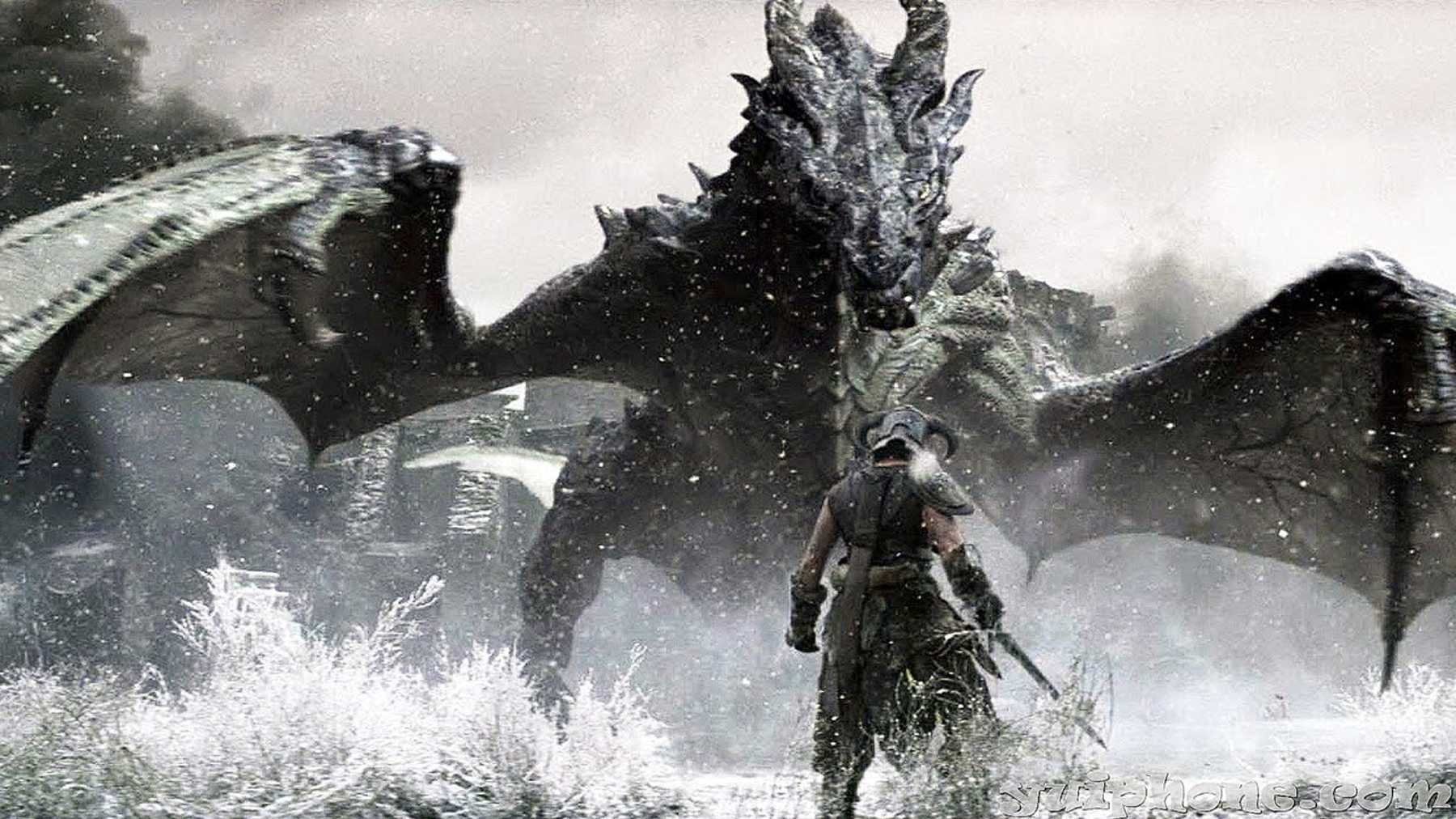 Bethesda Buys Off Streamers A few years ago, Bethesda initiated a new policy: they would stop sending review copies of games to professional media outlets. That’s certainly their prerogative, but they started sending out advanced copies to selected game streamers. While these streamers aren’t under a special contract, it seems clear Bethesda was hoping to get positive reviews in exchange for early access.
Bethesda Buys Off Streamers A few years ago, Bethesda initiated a new policy: they would stop sending review copies of games to professional media outlets. That’s certainly their prerogative, but they started sending out advanced copies to selected game streamers. While these streamers aren’t under a special contract, it seems clear Bethesda was hoping to get positive reviews in exchange for early access. -
13.
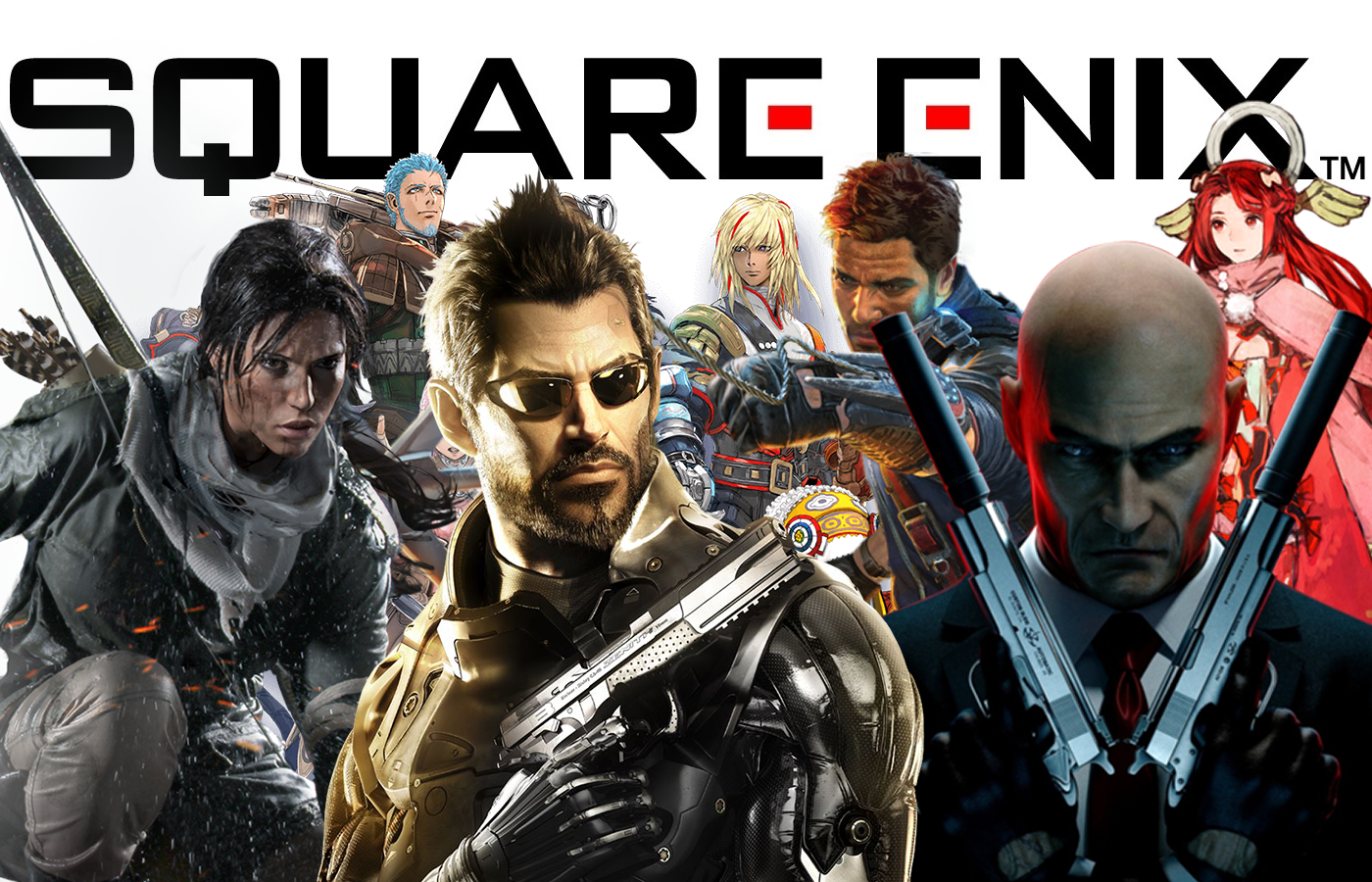 Lauren Wainwright’s Resume Scandal Remember when we said Dorito-gate was a multi-part scandal? One of the stranger elements was when game journalist Lauren Wainwright threatened legal action against Eurogamer because they published her public tweets. Some of those tweets included her defending journalists getting free PS3s from publishers and her praise for Tomb Raider (made by her former employer, Square Enix). When the public found she was reviewing games from her former employee—a clear conflict of interest—she tried to delete the Square Enix experience from her resume.
Lauren Wainwright’s Resume Scandal Remember when we said Dorito-gate was a multi-part scandal? One of the stranger elements was when game journalist Lauren Wainwright threatened legal action against Eurogamer because they published her public tweets. Some of those tweets included her defending journalists getting free PS3s from publishers and her praise for Tomb Raider (made by her former employer, Square Enix). When the public found she was reviewing games from her former employee—a clear conflict of interest—she tried to delete the Square Enix experience from her resume. -
14.

-
15.
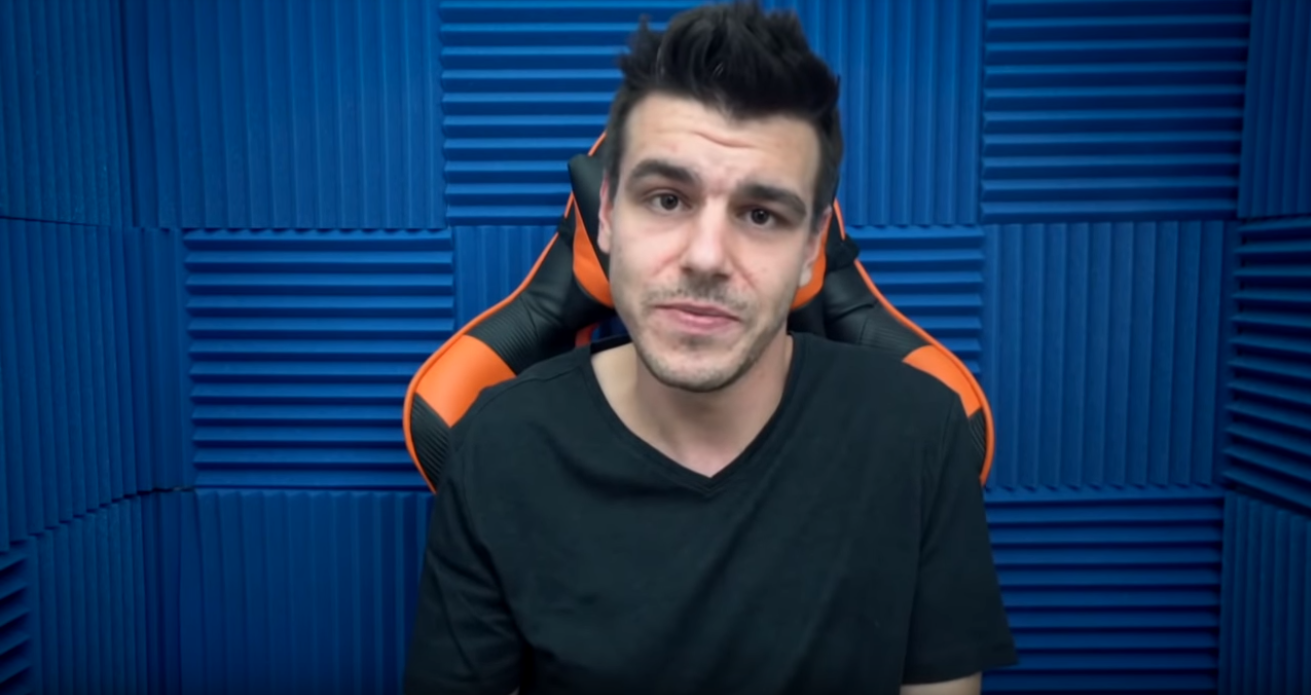 Dead Cells Plagiarized Review Writing about video games is one of the coolest gigs in the world. That’s why it was so disappointing when IGN writer and editor Filip Miucin plagiarized his review of the game Dead Cells. He lost his job, but the entire thing served to make the gaming world even more skeptical about “professional” reviews.
Dead Cells Plagiarized Review Writing about video games is one of the coolest gigs in the world. That’s why it was so disappointing when IGN writer and editor Filip Miucin plagiarized his review of the game Dead Cells. He lost his job, but the entire thing served to make the gaming world even more skeptical about “professional” reviews. -
16.

-
17.
 connorgoldsmithKotaku Writer Buys Wrong Mario Game Sometimes, games journalism isn’t so much “really bad” as it is “really embarrassing." That was the case when Kotaku writer Gita Jackson decided to buy Super Smash Bros. Ultimate and accidentally bought Super Mario Party instead. She had a great sense of humor about the incident. But revealing to the world that you can’t distinguish between different Mario games is a bad look for a professional game journalist.
connorgoldsmithKotaku Writer Buys Wrong Mario Game Sometimes, games journalism isn’t so much “really bad” as it is “really embarrassing." That was the case when Kotaku writer Gita Jackson decided to buy Super Smash Bros. Ultimate and accidentally bought Super Mario Party instead. She had a great sense of humor about the incident. But revealing to the world that you can’t distinguish between different Mario games is a bad look for a professional game journalist.
- NEXT GALLERY
-

- 30 Pics That Are Amazing and Fascinating
IGN Writer Doesn’t Understand PCs It’s an open secret that IGN’s writers don’t always know what they are talking about. But it was really crazy when IGN writer Sean Finnegan mocked PCs because they couldn’t record gameplay like an Xbox. He was roundly mocked and eventually removed the incriminating video.
17/17
1/17



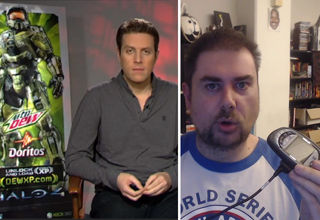




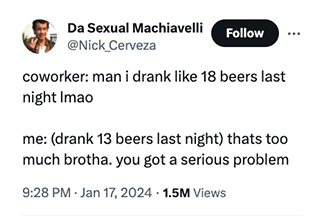
3 Comments